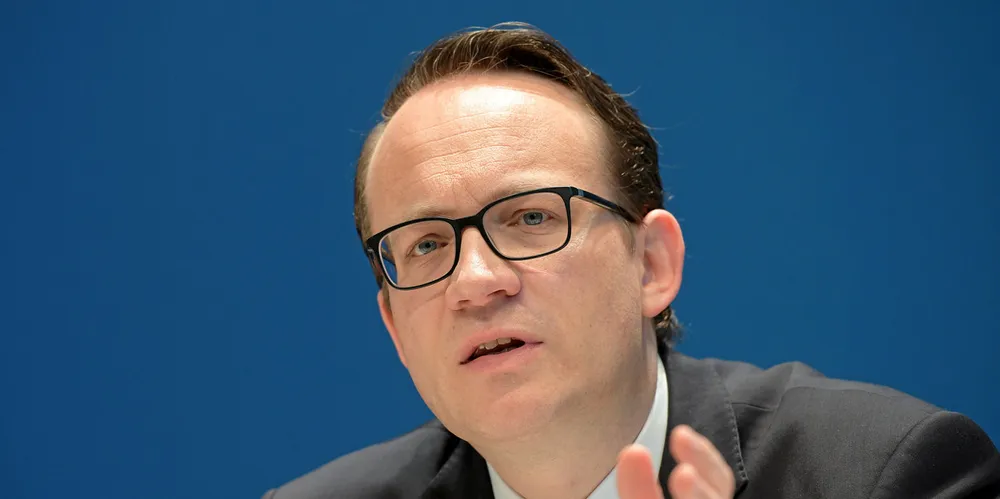RWE and Orsted urge government action if oil giants keep fuelling 'unsustainable' offshore wind auctions
Power giant's CEO Krebber says German tender situation unsustainable but reckons bid levels will normalise

Power giant's CEO Krebber says German tender situation unsustainable but reckons bid levels will normalise
